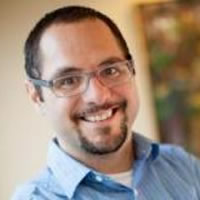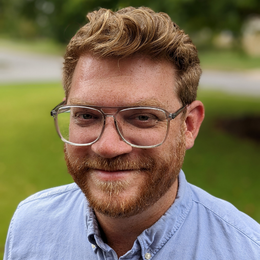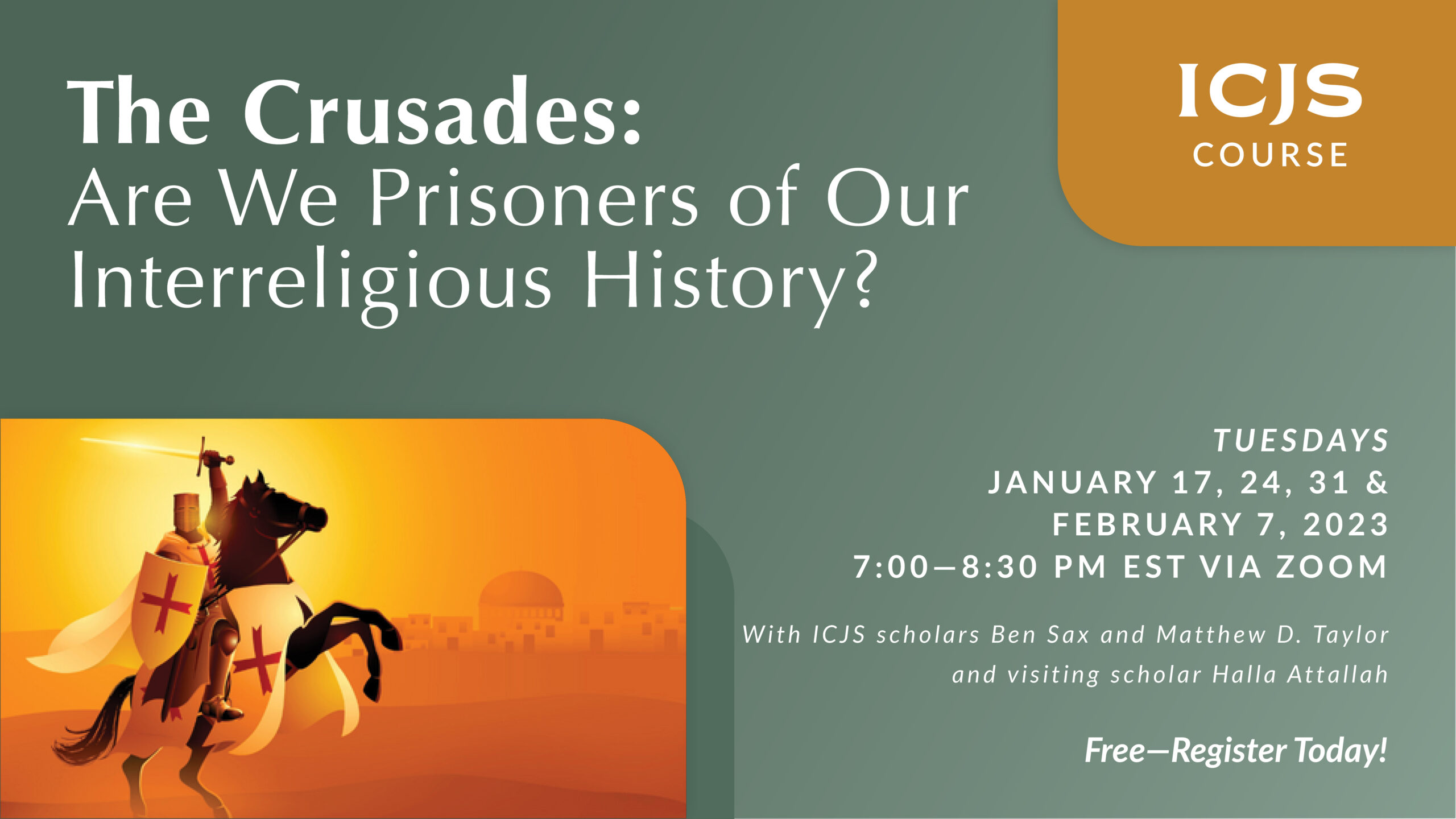Session #1: The Crusades and Our Imagination
Session #2: The Crusades and Sacred Land
Session #3: The Crusades and Sacred Violence
Session #4: Representations of the (Un)Civilized
About the Instructors

Halla Attallah
Halla Attallah is doctoral candidate at Georgetown University’s theological and religious studies department. Her research focuses on the Qur’an, its narrative content, and the early history of Islam. Attallah served as the Visiting Muslim Scholar at ICJS from 2019-2020. She has also taught courses at the University of Mary Washington, George Mason University, and the Foreign Service Institute. She is a member of the American Academy of Religion, the Society of Biblical Literature, and the Middle East Studies Association. Currently, she is completing her dissertation, “Gender and (In)fertility in the Qur’an’s Annunciation Type-Scenes,” which examines reproduction and parenthood in the Qur’an.

Ben Sax
Ben Sax is the Jewish Scholar at ICJS. He is an experienced professor, university administrator, scholar, award-winning teacher, public speaker, and practitioner and facilitator of interreligious dialogue. Ben has published on topics relating to Jewish philosophy, German-Jewish history and culture, Jewish-Christian relations, and interreligious dialogue. Ben’s most recent research project, a book entitled The Life of Quotation in Modern Jewish Thought will be published next year.

Matthew D. Taylor
Matthew D. Taylor, Ph.D., is the Protestant Scholar at ICJS, where he specializes in Muslim-Christian dialogue, Evangelical and Pentecostal movements, religious politics in the U.S., and American Islam. Prior to coming to ICJS, Taylor served on the faculty of Georgetown University and The George Washington University, and he is currently a faculty member in the Theology Department at Loyola University Maryland. His forthcoming book, Scripture People: Salafi Muslims in Evangelical Christians’ America (Cambridge University Press—2023), offers an introduction to the oft-misunderstood Salafi movement in the U.S. by way of comparison with American Evangelicalism.
